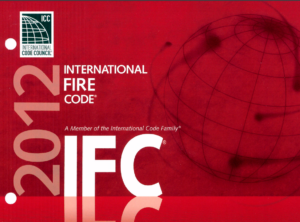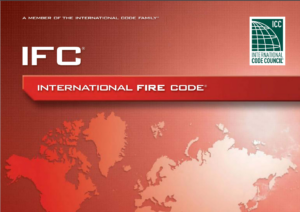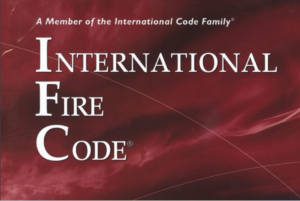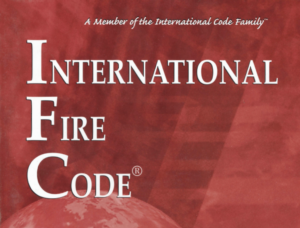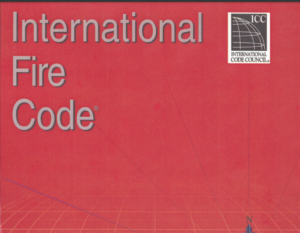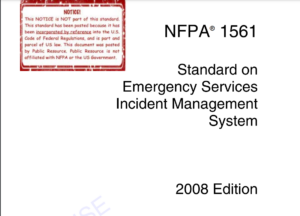The 2003 edition of NFPA 1, Uniform Fire Code, developed by the National Fire Protection Association (NFPA), integrates a comprehensive set of regulations and standards aimed at enhancing fire safety. This code is an evolution of its predecessors, crafted through consensus among diverse groups to ensure fairness and thoroughness in addressing fire safety concerns.
This edition marks a significant update, collaborating with the Western Fire Chiefs Association to expand and refine the code’s scope. It covers a broad range of fire safety topics, from inspections of buildings and equipment to the regulation of hazardous materials and emergency response protocols. Notably, this code emphasizes performance-based design, offering flexibility to adapt to specific safety needs while maintaining rigorous safety standards.
NFPA 1 functions as a fundamental resource for local fire departments and governing bodies, providing guidelines to facilitate the effective management of fire risks in various environments. The code is designed to be adaptable, allowing local authorities to interpret and modify its provisions to better suit their unique operational and regulatory landscapes.
The 2003 NFPA 1 also includes provisions for the use of alternative methods and materials that meet or exceed prescribed standards, provided they are approved by local authorities. This flexibility ensures that the code evolves alongside technological and methodological advancements in fire safety.
Overall, the NFPA 1 Uniform Fire Code serves as a crucial tool for ensuring a high standard of fire safety, reflecting the collective expertise and recommendations of the fire safety community. Its comprehensive approach and adaptability make it an essential component of local fire prevention and safety strategies, aiming to safeguard life, property, and resources against fire-related hazards.

